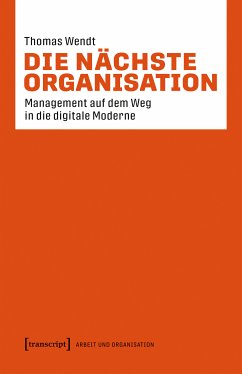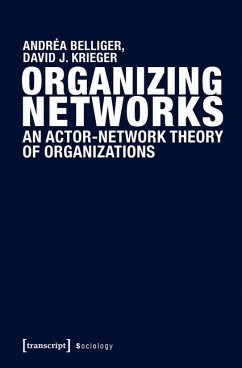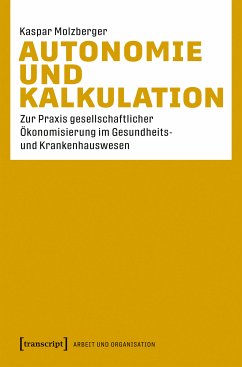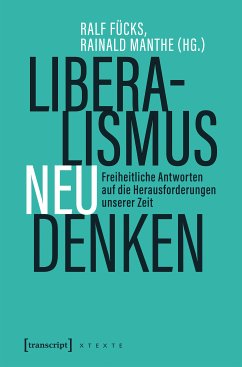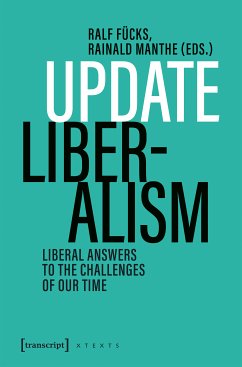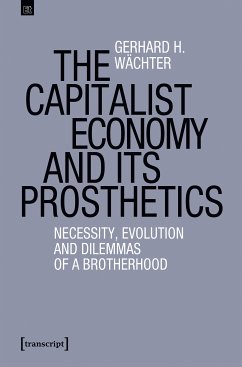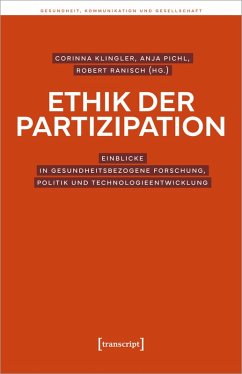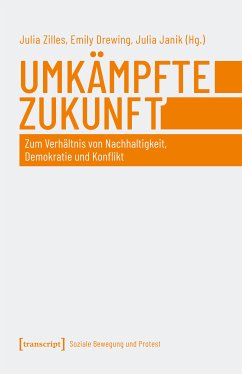
Working Misunderstandings (eBook, PDF)
An Ethnography of Project Collaboration in a Multinational Corporation in India
Versandkostenfrei!
Sofort per Download lieferbar
0,00 €
inkl. MwSt.
Weitere Ausgaben:

PAYBACK Punkte
0 °P sammeln!
Misunderstandings are often perceived as something to be avoided yet delineate an integrative part of everyday work. This book addresses the role that misunderstandings play in collaborative work and, above all, their effects on the organisational result. As exemplified by project collaboration across three offices of a multinational corporation in India, Frauke Mörike explores how misunderstandings shape the organisational system and why they prove not only necessary but even productive for organisational functioning. In doing so, she offers new ways to think about collaboration and establis...
Misunderstandings are often perceived as something to be avoided yet delineate an integrative part of everyday work. This book addresses the role that misunderstandings play in collaborative work and, above all, their effects on the organisational result. As exemplified by project collaboration across three offices of a multinational corporation in India, Frauke Mörike explores how misunderstandings shape the organisational system and why they prove not only necessary but even productive for organisational functioning. In doing so, she offers new ways to think about collaboration and establishes `misunderstanding' as a key factor of insight for the field of organisational research.
Dieser Download kann aus rechtlichen Gründen nur mit Rechnungsadresse in A, D ausgeliefert werden.




